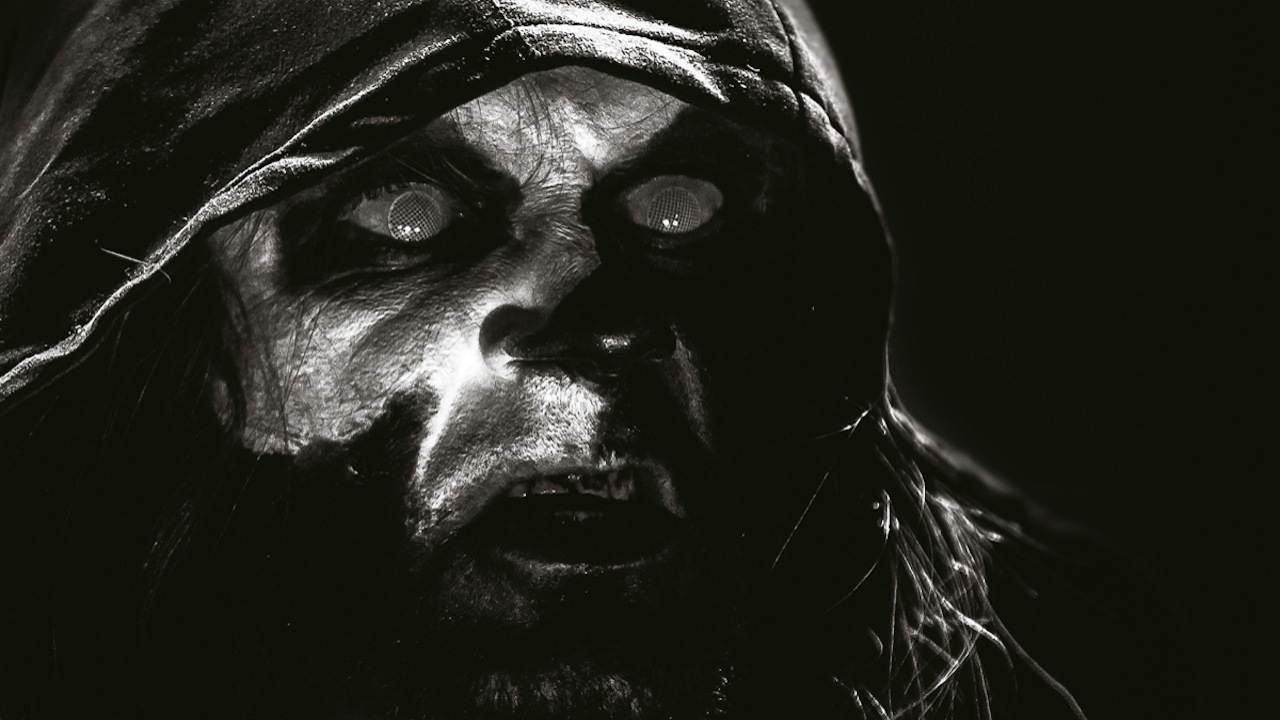Whether mainman Hoest is aware of it or not - and you’d assume he is - Taake now inhabit a rather luxurious position within the black metal scene. Over the last decade, and especially the last few years, the band have grown to become one of the most recognised bands in the genre; indeed, if shirt sales are any indication of a band’s popularity then it’s safe to say that the Bergen powerhouse are up there with the very biggest bands in the scene.
Yet unlike, say, Dimmu Borgir, Watain or even Gorgoroth, Taake doesn’t attract the (rather boring) criticism of the would-be black metal elitists. There are several reasons why this might be the case, but perhaps the most important is their reliability and consistency. They’ve never released a bad album, never changed radically, never embraced the mainstream and never ‘stopped being black metal’.
That last point is an interesting one, though, because – not unlike Gaahl’s Trelldom – while the musical language is always black metal, some of the things being said suggest other influences trying to creep through. While some other bands will make a point of incorporating non-black elements – electronics, orchestra, you name it – with Taake the idiosyncratic touches just sort of surface within the maelstrom.
Orm, for example, might begin with a cold and disdainful riff before kicking into the sort of invigorating Norse blitzkrieg we associate with the band, but before long there’s a wistful, upbeat riff and solo that could sit comfortably in a post-punk or goth rock song. The solo on Stank, on the other hand, is almost country-esque.
There’s nothing to rival the ‘banjo moment’ or the notorious ‘boing’ of the second album – indeed, if anything Stridens Hus is an album where everything sounds in its place, the songwriting proving impressively cohesive despite the twists, turns and quirks. It’s also very heavy when it wants to be, of course, and the juxtaposition of visceral aggression and melancholy atmosphere being still firmly in place.
But there is a definite shift in the use of melody now, those black thrashing guitars accompanied by a richness that could almost have come from a classic rock record. And that’s no bad thing./o:p
